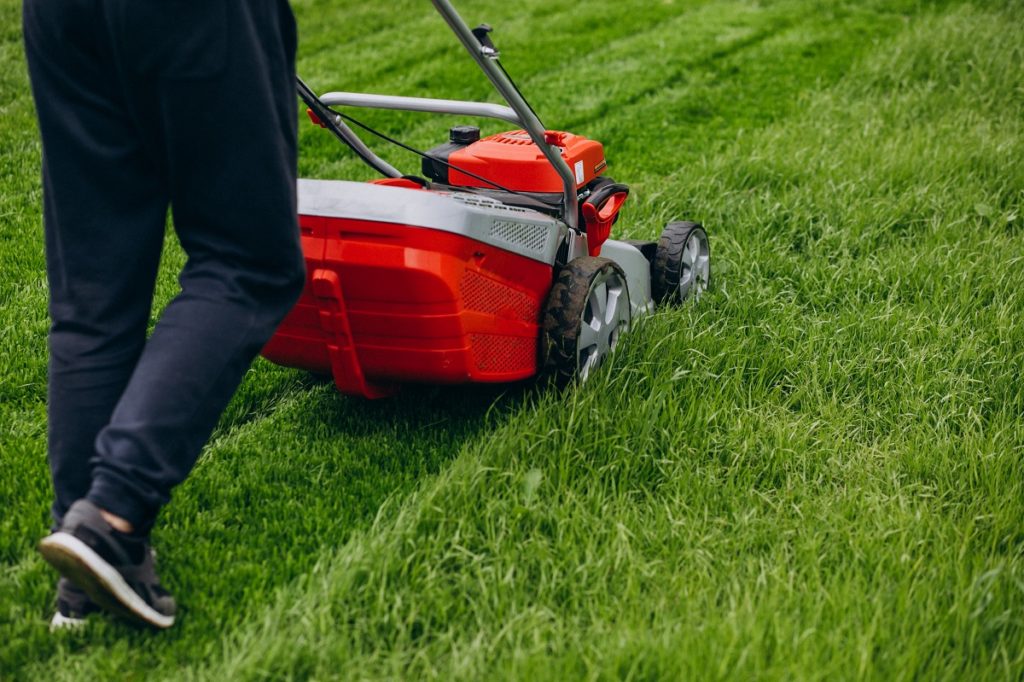Menu

Hearing loss is something that most young people don’t think about until they’re much older—but it is a real concern for people of all ages who are continuously exposed to environments with loud noises. In terms of loudness, anything that is above 85 dB can lead to hearing loss over time. The louder it is, the faster your hearing deteriorates.
Avoiding loud sources of sound, such as prolonged earphone or headphone use and staying away from loud and noisy places, can help you maintain your healthy hearing. If you experience hearing loss to one degree or another, then visiting a hearing clinic and avoiding environments with loud noises are best for you.
Here are four places you should avoid to protect your hearing:
Cities
If you live in a large city, then loud noises that surpass 85 decibels will be unavoidable. Sirens are wailing all the time, and loud construction often takes place on your route home. Traffic is also a major source of noise, as well as public transportation like the subway.
While you can’t pick up and move to the countryside just to protect your hearing, limiting your time in noisy outdoor spaces and choosing routes that may have less activity could be beneficial for your hearing. Fortunately, many options are also being considered to create better environments for those living in the city, such as innovations like “quiet concrete.”
Restaurants
You may not realize it, but restaurants are loud enough to be harmful to your ears. If you’ve ever complained about not being able to hear your dining companion over the other sounds in the restaurant, then it’s loud enough to be damaging to your hearing. Sometimes restaurant settings like wine bars can reach loudness levels up to 80 decibels!
Try avoiding places where you know you’ll have to shout at the person across from, or else you might find yourself needing another appointment at a hearing aid clinic sooner rather than later.
Work Environments
People working in some occupations are more exposed to loud noise levels, such as those who have careers in construction, public transport, and DJs. Hearing loss can be prevented by wearing proper hearing protection to reduce noise levels during work activities.
The Backyard
Even if you live in the suburbs, there can be a surprisingly large amount of noise that you may not have realized before. This is most noticeable during construction projects for your neighbours that may include hammers, saws, and drills that are painful to the ears.
Everyday maintenance activities, such as lawn mowing and hedge trimming, can also contribute to the noise in your home environment. Soundproofing your home is one option you can consider as well as wearing the right hearing protection gear when undertaking home improvement or maintenance projects.
Conclusion: Preventing Hearing Loss
Those who have already experienced some degree of hearing loss can take advantage of technology—such as hearing aids that allow near-natural hearing capabilities to adjust to the environment.
Fortunately, preventing further hearing loss is possible with the right kind of precautions. Being conscious of your music listening habits and your environment, as well as using the right tools to protect yourself from loud environments, will benefit your health in the long run. Limiting your exposure to loud places and situations will help preserve your hearing.
Here at Beltone Hearing Centre, we treat your hearing restoration as part of your whole person. Understanding what our patients prioritize in their healthcare and what’s important to them in life is essential to our approach. Contact us today for quality treatment and hearing aids in Langley!
Share Post
Facebook
Twitter
LinkedIn
Email
Reddit
Pinterest

